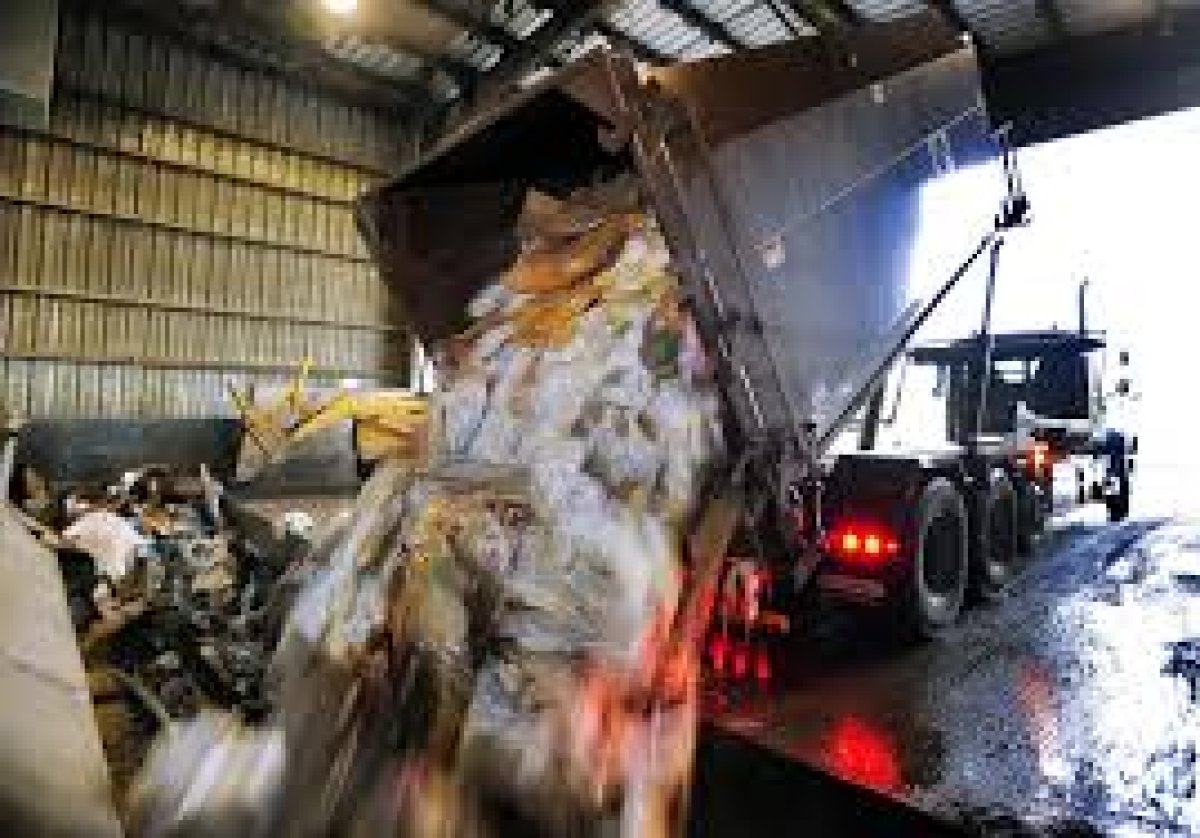Massachusetts is leading the country in inovative ways to earn renewable energy credits for qualifying energy producing facilities. The state's waste-to-energy plants, because they burn trash to create electricity, earn "Class II" carbon credits to sell in the Regional Greenhouse Gas Initiative marketplace. The program's innovation is the marriage of enhanced solid waste ban monitoring by participating WTE plants. This is where SAK Environmental plays a statewide role.
SAK manages the Class II program for all the state's WTE plants, which combined burn over 60% of the state's municipal solid waste. Servicing 6 plants under three separate private service contracts, SAK inspects all incoming loads for excissive paper, cardboard, metal, plastics, organics, etc. - all materials that can be recycled. "Failed Loads" are meticoulsy documented and reported back to the plant owner and regulators. With about 10,000 loads per month per facility, the information provides a statiscally significant profile on the rate of recycling in the state.
Additionally, SAK designs and manages triennial waste characterization studies at each facility that measure over 20-categories and subcategories of materials. This exhaustive study is performed over a year and yields staticically signficiant profiles on waste composition for future policy making. This quantitative analysis using actual load data, gives valuable information to identify where there are weaknesses in recycling efforts for waste generators – a key factor in determining how to assist companies, municipalities, and haulers in improving recycling rates and minimizing waste.
The work is dangerous due to busy tipping floors and demands complex safety protocols and safety equipment.

